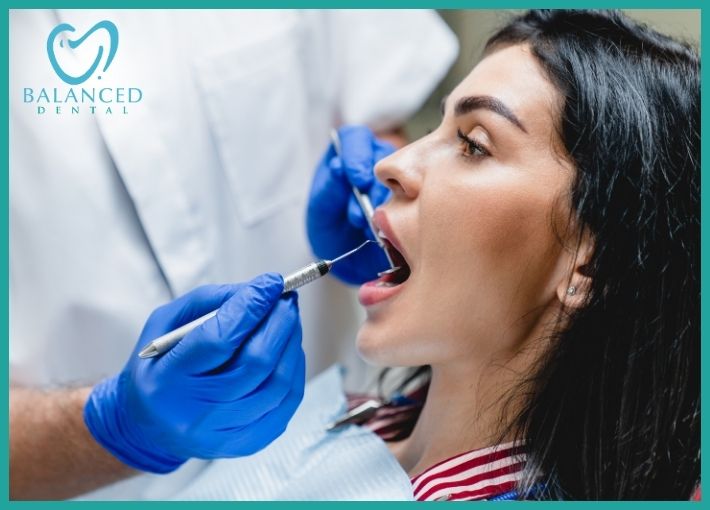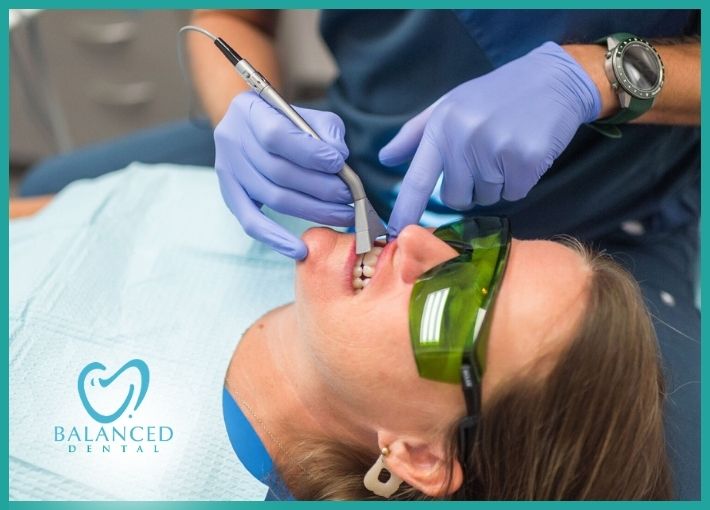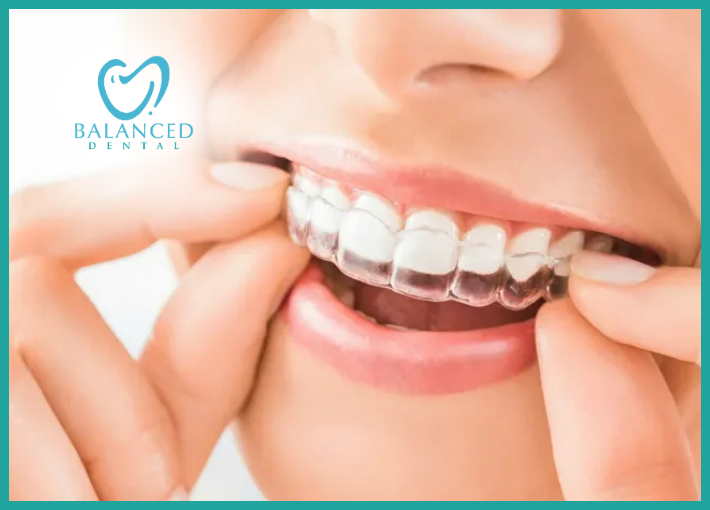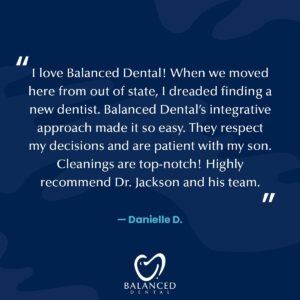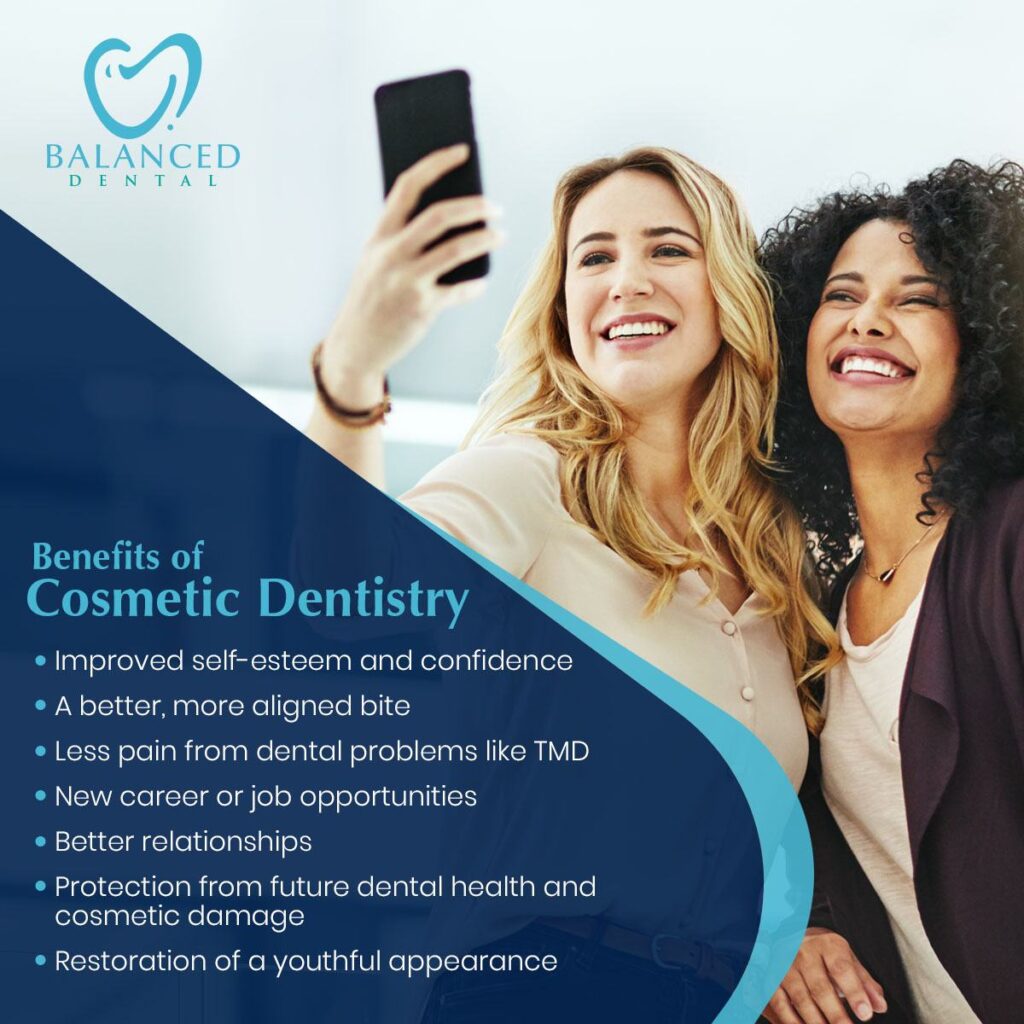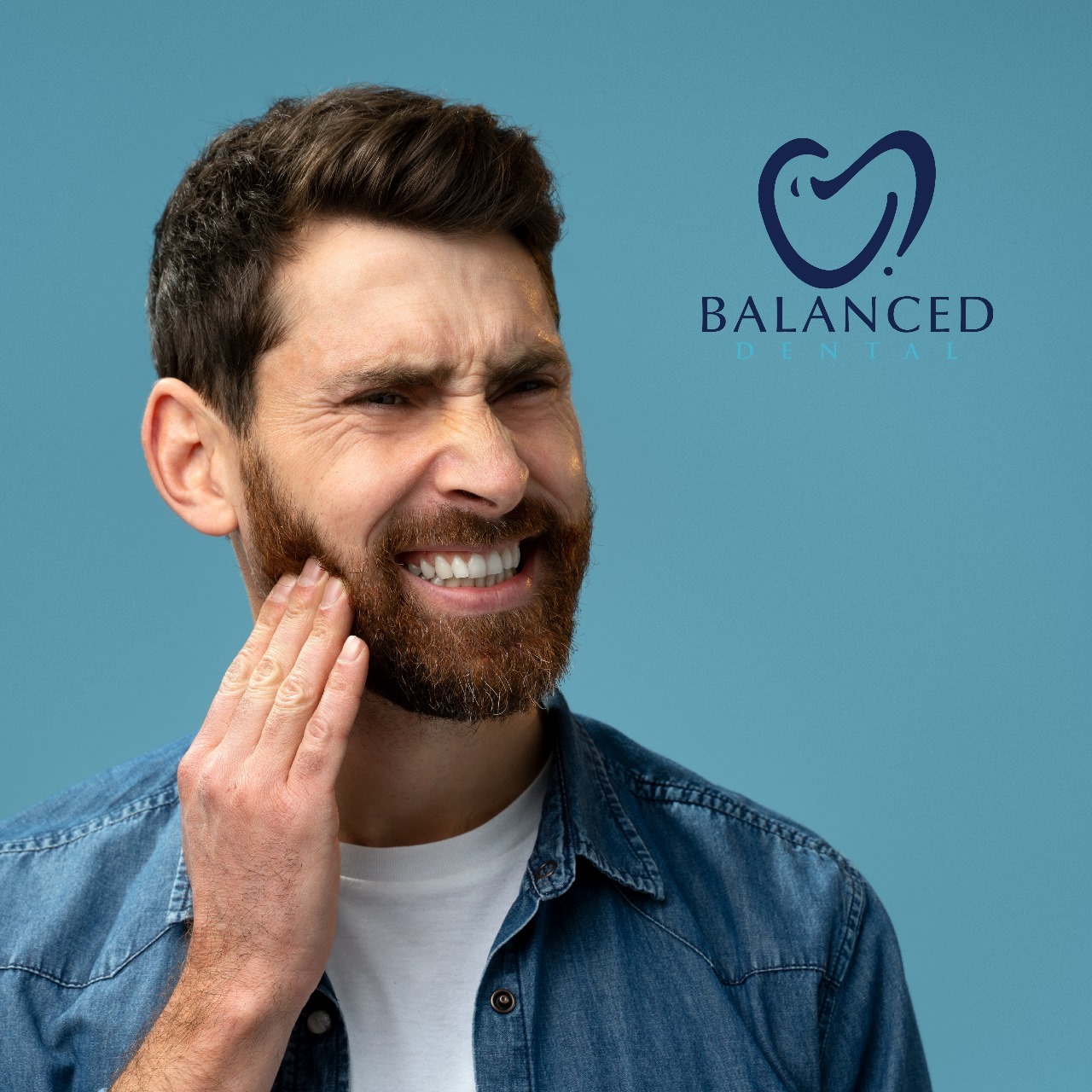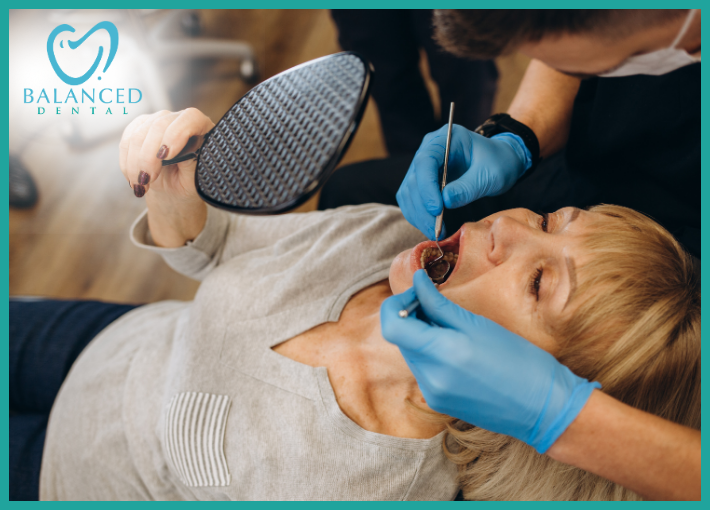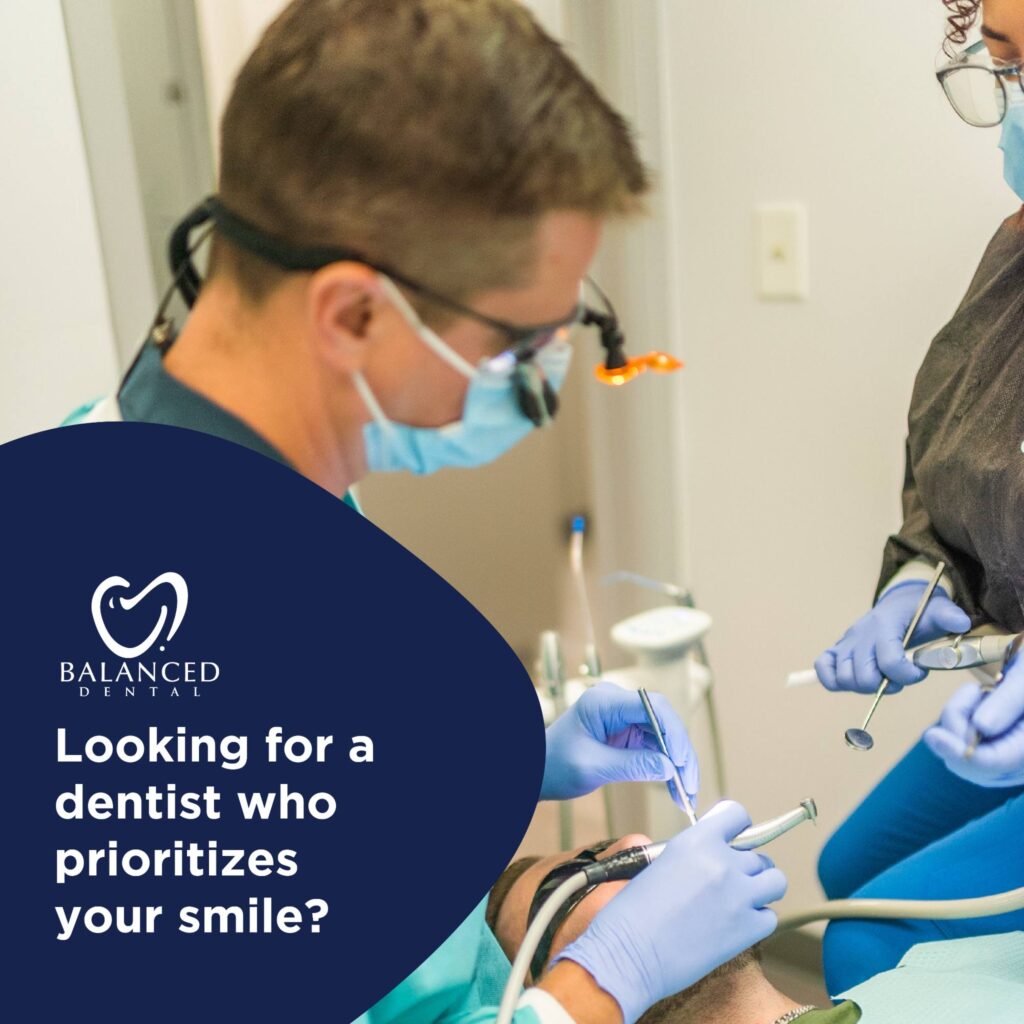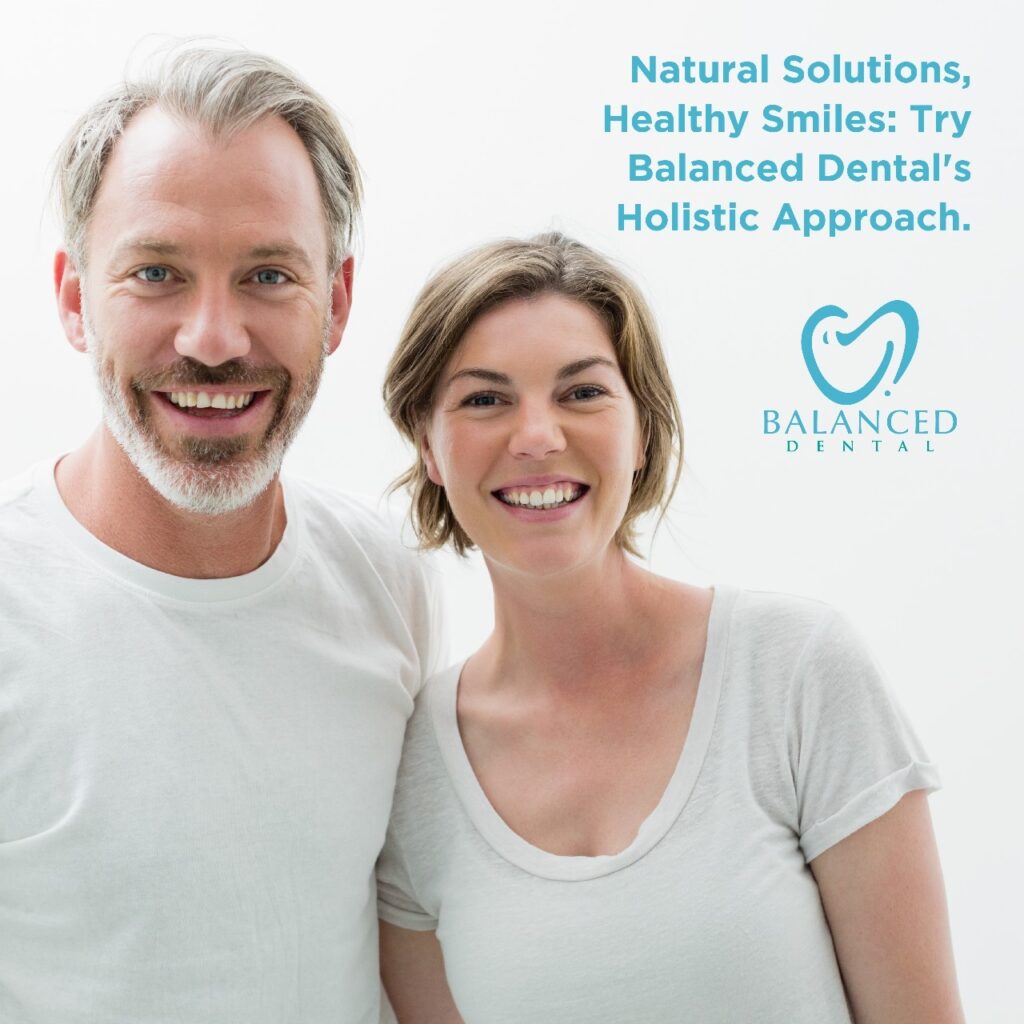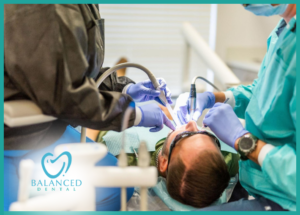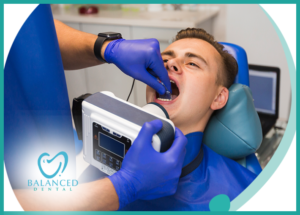Oral surgery can feel intimidating, but understanding the process can help you prepare with confidence. The procedure typically involves anesthesia for comfort, precise surgical techniques to address your specific needs, and detailed aftercare instructions to ensure smooth healing. Dr. Jackson will guide you through each step, from pre-op preparations to post-op recovery, prioritizing your safety and comfort. Ready to demystify the process?
What is oral surgery?
Oral surgery refers to any mouth operation. It includes procedures done on your teeth, gums, tongue or any other area inside your oral cavity.
There are several types of oral operations done each year. Some of the most common include:
- Wisdom tooth removal to treat or prevent pain and infection.
- Tooth extractions to remove decayed or damaged teeth.
- Dental bone grafts to increase the volume and density of your jawbone.
- Dental implants to replace missing teeth.
- Gum grafts to treat thinning or receding gums.
What conditions are treated with oral surgery?
There are many reasons why you might need surgery in your mouth. Your dentist might recommend it if you have:
- Abscessed teeth.
- Broken teeth.
- Bone loss in your jaw.
- Extensive tooth decay.
- Impacted teeth.
- Loose or missing teeth.
- Oral cancer.
What’s the difference between oral surgery and maxillofacial surgery?
Oral surgery and maxillofacial surgery overlap, but they’re not the same.
Oral surgery treats conditions that affect your teeth, gums and any other part of your mouth. Common procedures include tooth extractions, dental implants and gum grafting. Oral surgeons usually do treatments in a clinical setting (like an outpatient surgery center). Or they might do the procedure in a hospital if you need general anesthesia.
Maxillofacial surgery treats conditions that affect your face, mouth, jaws and neck. Common procedures include jaw surgery and cleft lip and palate repair. Maxillofacial surgeons can do many of the same procedures that oral surgeons do. But they also do cosmetic facial surgeries and reconstruct broken facial bones. Healthcare providers always do these procedures in a hospital setting.
It’s important to note that oral surgeons and maxillofacial surgeons have the same educational pathway and credentials. If you need your wisdom teeth removed, you’ll probably see an oral surgeon. But if you have facial injuries from a car accident, you’ll see a maxillofacial surgeon.
Procedure Details
How should I prepare for oral surgery?
How you prepare for oral surgery depends on a few factors like what type of surgery you’re having and whether you choose sedation.
Your healthcare provider will give you pre-op instructions if necessary. But here are some things to consider, especially if you’re having sedation:
- Arrange for a friend or family member to drive you to and from your appointment.
- Avoid eating or drinking anything for several hours before your procedure. Your provider will tell you how long.
- Pick up any prescriptions ahead of time.
- Take a few days off work to recover. Your provider will give you an idea of how long healing should take.
What happens during oral surgery?
Depending on your situation, you might have your procedure at an outpatient surgical center or a hospital. What happens during oral surgery depends on the type you need. But here are some general things you can expect the day of your appointment:
- A healthcare provider will give you local anesthesia to numb your mouth for oral surgery. They may also give you sedative medications to help you relax or sleep through your procedure.
- They’ll make an incision inside your mouth. The location of the incision depends on the affected area(s).
- Your oral surgeon will do the surgery using small, specialized instruments. Depending on your needs, this step might include removing teeth, placing implants or reshaping bone or tissue. You shouldn’t feel any pain.
- Once your oral surgeon completes your procedure, they’ll close the incision with stitches.
How long your procedure takes depends on what type of oral surgery you need and how many teeth require treatment. A one-tooth extraction usually takes about 30 minutes, while a more involved procedure — like a gum graft — takes at least one to two hours.
What happens after oral surgery?
Your healthcare provider will monitor you while the sedatives and/or anesthesia wear off. They’ll also give you post-op instructions explaining how to care for yourself and a list of soft foods to eat after oral surgery. Following these guidelines will reduce your risk of bleeding, infection and other complications.
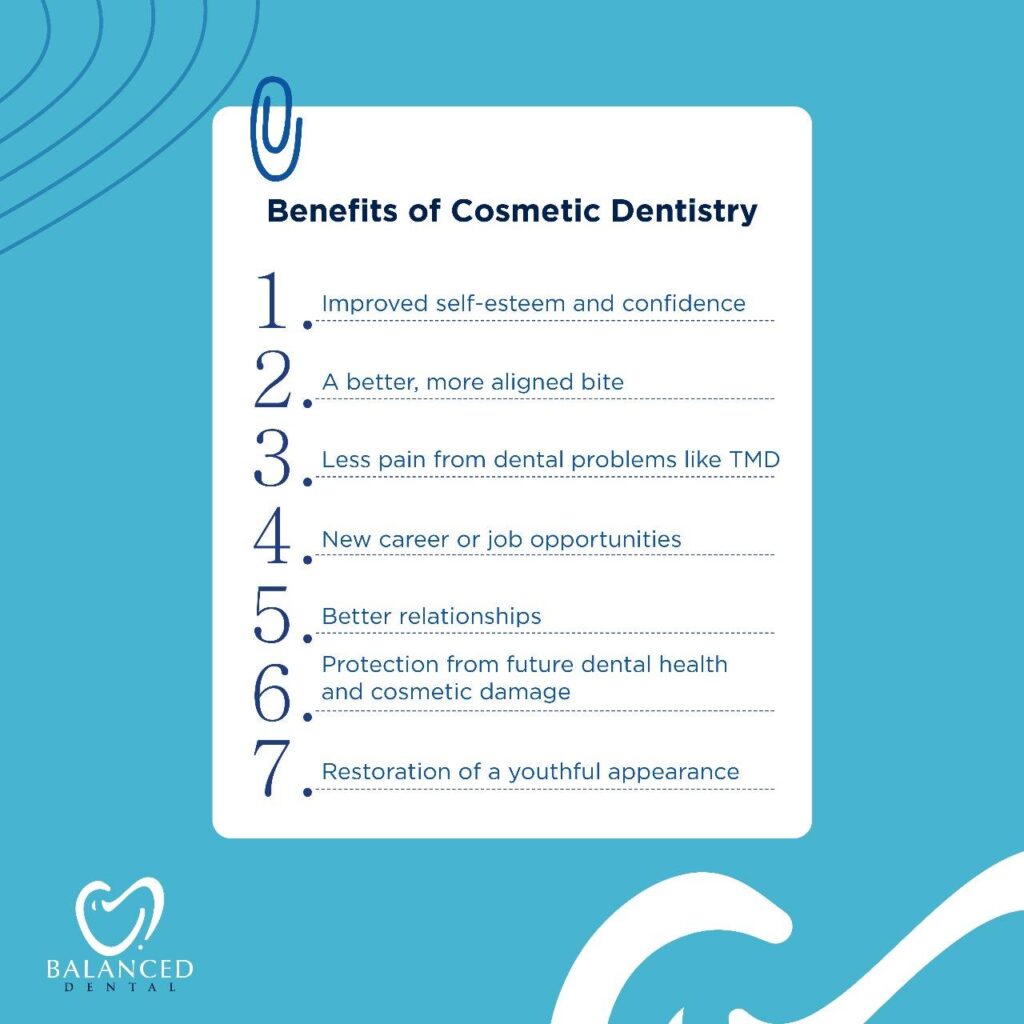
Risks / Benefits
What are the benefits of oral surgery?
Oral surgery can correct conditions that nonsurgical treatments can’t. Benefits include:
- Better health. In combination with routine dental care, oral surgery can treat conditions that cause infection, like tooth decay and gum disease. Better oral health means improved overall health.
- Enhanced aesthetics. The appearance of your teeth can have a big impact on anxiety and how comfortable you feel in social situations. Oral surgery can help address these concerns.
- Improved function. Oral surgery can help replace damaged or missing teeth, reducing issues with eating and speaking.
- Pain relief. Oral surgery can correct painful issues like broken teeth, extensive decay and sore, bleeding gums.
- Prevention. Preventive treatments like wisdom teeth removal can help you avoid potential problems later.
What are the risks or complications of oral surgery?
Like any procedure, oral surgery comes with risks. Possible complications include:
- Infection.
- Injury to neighboring teeth.
- Dry socket.
- Numbness.
- Tooth fragments left behind.
- Sinus perforation (a hole in your sinus membrane).
Recovery and Outlook
What is the recovery time?
Healing times vary, but most people feel like themselves again in about two to three days. The more extensive your oral surgery, the more time it will take to recover. You shouldn’t have severe pain after oral surgery. But you’ll have some degree of discomfort. Your provider will give you medications to keep you comfortable.
After oral surgery, your mouth will continue to heal even after you feel better. Soft tissues usually heal in about one month. Bone could take up to six months to heal.
Recovering from oral surgery
Taking good care of yourself after oral surgery can reduce your risk of complications. Here are some general recommendations:
- Avoid spitting and vigorous swishing. They can disturb healing.
- Give yourself at least 48 hours before exercising. You’re more prone to bleeding when your blood pressure and heart rate increase.
- Keep your head elevated for the first few days to minimize swelling.
- Stock your pantry with soft foods like yogurt, soup, pasta, mashed potatoes, pudding, eggs and rice.
- Take all medications exactly as prescribed.
- Use heat and cold therapy. Ice packs (applied to your outer jaw) can help reduce swelling. A warm washcloth can stimulate blood flow to the area.
When To Call the Doctor
When should I call my healthcare provider
After oral surgery, call your healthcare provider if you develop these signs of infection:
- Severe pain that doesn’t go away with medication.
- Fever of 102 degrees Fahrenheit (38.9 degrees Celsius) or higher.
- Pus coming from your incisions.
Experience oral surgery with minimal discomfort and less downtime. Dr. Jackson’s specialized techniques ensure a smoother procedure and faster recovery. Contact us today at 772.247.2407 for a consultation and a more comfortable experience. Follow our Instagram for more dental tips.
Reference: [https://my.clevelandclinic.org/health/procedures/oral-surgery]


